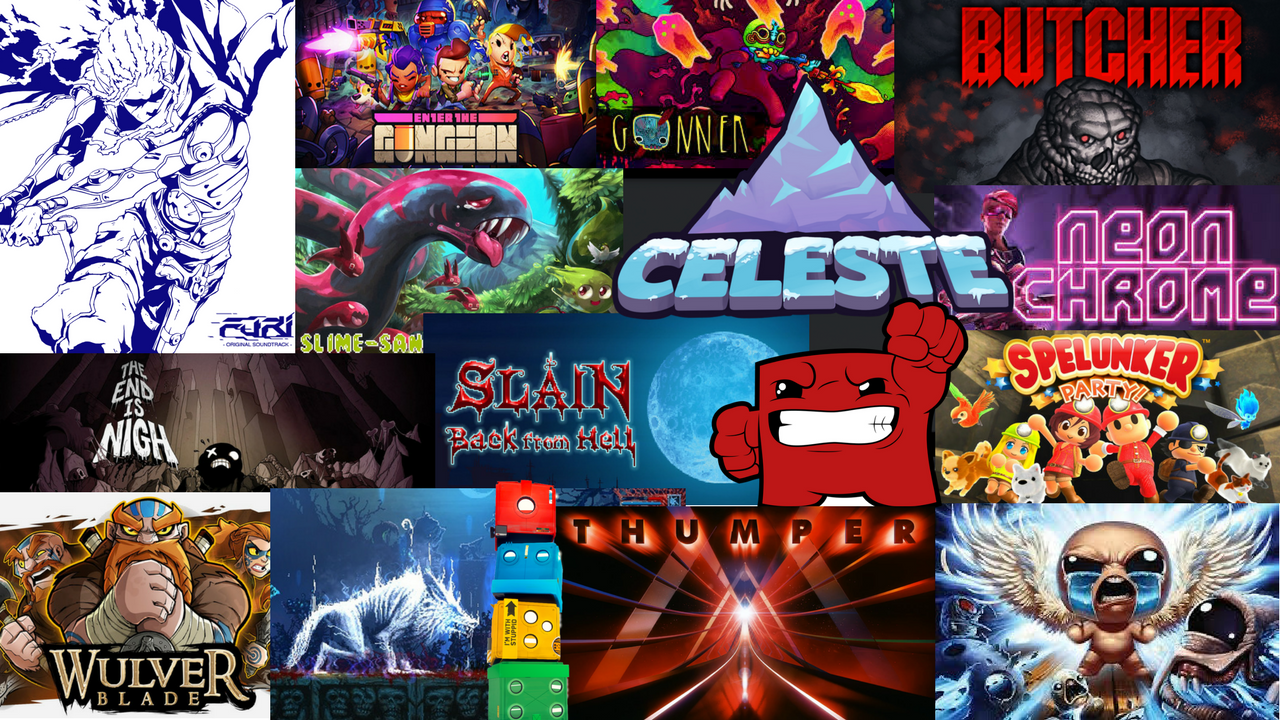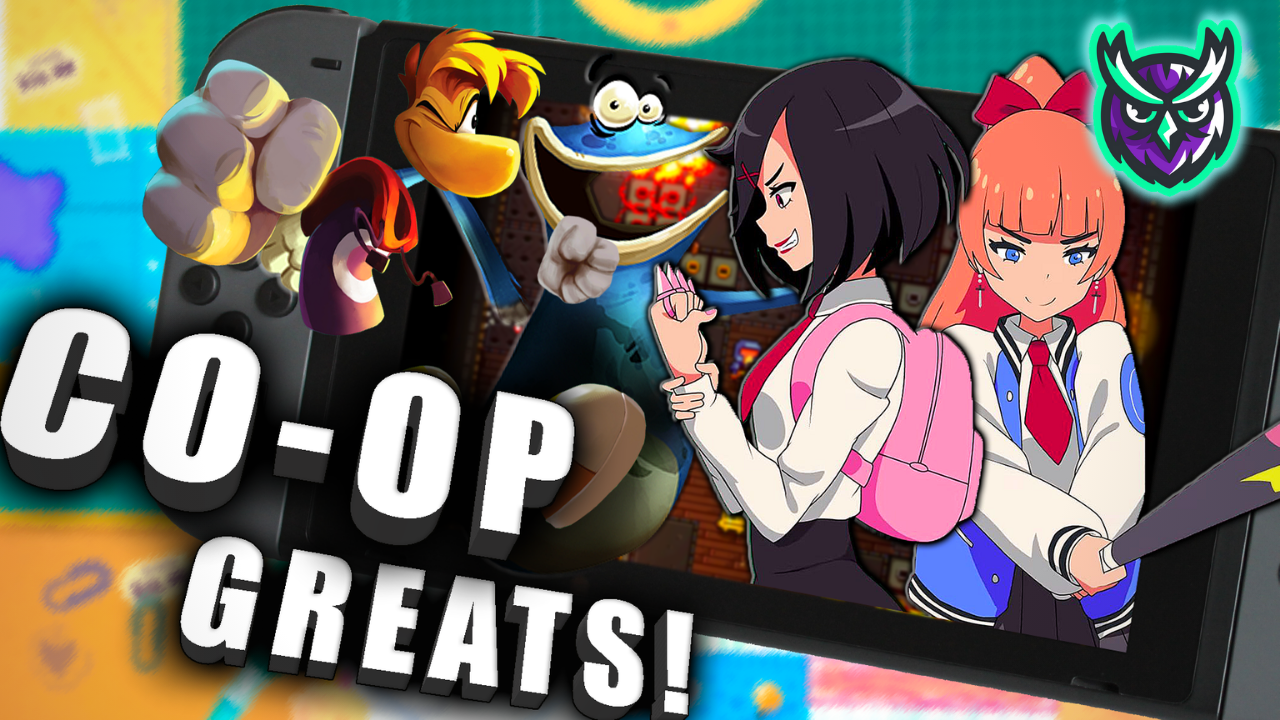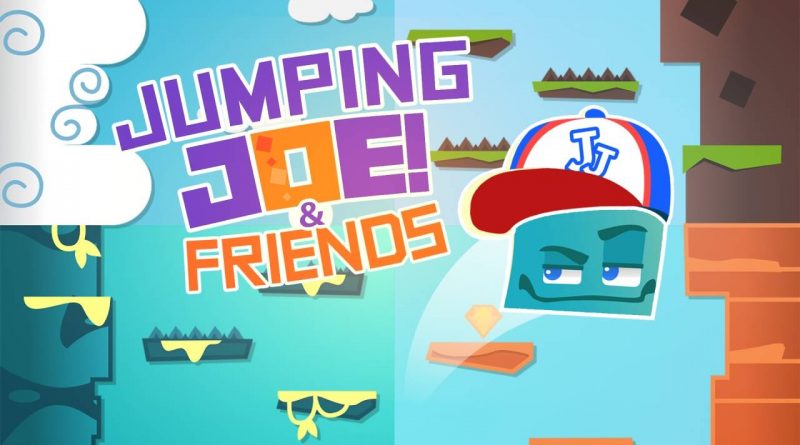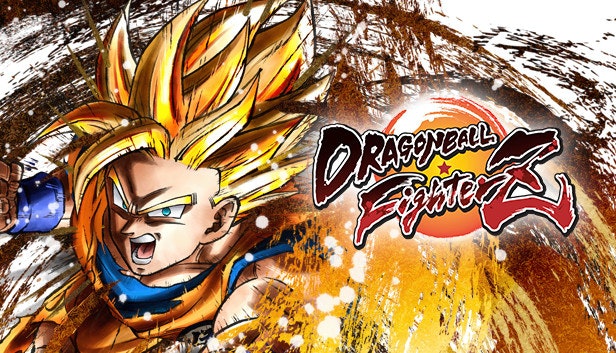Punch Club Switch Review by SwitchWatch
Developer: Tiny Build
Publisher: Tiny build
Release Date: Out Now
Price as of Article: $14,99 USD, £13,49 GBP
The game code provided by Tiny Build Lab for review
The Sims is arguably one of EA’s most popular series and has been ongoing for decades. Naturally, a new genre of character management games would be born from The Sims‘ success. Innovative games add their own twist to the formula, though sometimes the twists backfire on the game. One of the latest character management games is Punch Club. It has a creative system of fighting and progression, unlike any other game. Will this new system allow Punch Club to climb its way to the top of the sales chart, or will it fail to take off?
Your father was a boxing champion, training day after day to test the limits of the body. However, one day, tragedy struck. A criminal assaulting your father and killed him with a gun. However, that occurred years ago. Now, you are old enough to carry on his legacy in Punch Club. To get strong enough, you must train constantly while balancing your day-to-day life. You’re no superhero; you need sleep and nutrition like everyone else.
As you become famous for your boxing skills, you begin to uncover many other things about the world. I think the story of Punch Club was well told, but not the best. The story felt rather fluid and rarely stagnates. The context of the story is extremely important, as they are the sole justification for a few of the game mechanics. I enjoyed the story, especially with the many branching quests. Punch Club‘s story is well told and helps define the game mechanics.
<script async src=”//pagead2.googlesyndication.com/pagead/js/adsbygoogle.js”></script><!– –><ins class=”adsbygoogle”<!– –> style=”display:block; text-align:center;”<!– –> data-ad-layout=”in-article”<!– –> data-ad-format=”fluid”<!– –> data-ad-client=”ca-pub-5661714653949151″<!– –> data-ad-slot=”5669732186″></ins><!– –><script><!– –> (adsbygoogle = window.adsbygoogle || []).push({});<!– –></script>One of the best ways to describe Punch Club‘s gameplay is a faster paced, one person Sims. You can walk and interact with objects, travel through town, and train your skills. Almost every training method requires some of your energy and increases your hunger. These, of course, can be restored by sleeping and eating, respectively. However, purchasing food costs money, and if you don’t have money, you’ll need to either be provided a small amount of food from your sponsor, or go work for a few hours. After you’ve slept and eaten, you need to go train in order to counteract stat decay.

This is essentially the gameplay loop of Punch Club, with a few other events thrown in here and there. It’s a scarily accurate portrayal of life: every goal is simply another step in a much larger one. At times, I didn’t feel like I ever achieved anything, since constantly being forced to add another step to the day’s agenda could be overwhelming. It was frustrating at times, since I discovered that stats decay so quickly that skipping a few days of training for other activities will push you back extremely far. Every night, your stats decrease a little bit. This is, of course, just like real life: not exercising a certain muscle in your body will weaken it over time.
However, Punch Club‘s stat decay is relatively fast, so it’s hard to ever break away from the training loop. This turns the game into a constant grind for stats. Of course, this doesn’t happen on easy mode, but playing without star decay doesn’t feel like the real game. I think stat decay should have been slower, since right now, it feels like a “three steps forward, two steps back” scenario. Training in Punch Club is a loop of day-to-day activities, which is painfully real at times. Of course, all the training in Punch Club is for one goal: to be able to fight.

Surprisingly, fighting is where you’ll spend the least amount of time in Punch Club. During a fight, you essentially play a role of a coach; you don’t control your character during battle, but you can change their fighting style between rounds. Each fight in Punch Club is a one on one battle, split into multiple rounds. Before each round, you can choose a fighting style, perks, and a handful of moves for your character to use during battle. Then, you let them fight the whole round, learning your opponent’s strategy and appropriately adapting. Instead of being purely skill based, Punch Club has much more strategy based combat. However, I feel that no matter how well you play, having lower stats than your opponent is an instant loss, especially early on. The skills of Punch Club were surprisingly complex, which was a lovely revelation.

There is an extremely large skill tree of basic skills and perks, but there are also 3 other trees that provide moves which cater to certain styles. It was overwhelming at first but helped make combat have a much better progression system than just higher character stats. The game became much more fun later on since more skills meant much more variety in combat. I don’t have many complaints about the fighting system, but that may be because of how unique it is, so there is nothing to compare it to. Punch Club‘s combat system is much less interactive than most games, yet is surprisingly complex and enjoyable.
The game also has a soundtrack from right out of that era. While using modern technology for great sound quality, Punch Club manages to recapture the classic feel of SNES games. The music was surprisingly expressive, capturing the mood of each scenario well. Some of the tracks weren’t that memorable, but most were very enjoyable. Punch Club creates a familiar feel with its soundtrack, which works perfectly.
Punch Club also creates a great atmosphere look-wise. The game has a 16 Bit, SNES era look. The game is very expressive in its color choices, which meant that many tiny details were possible in sprites. There was clearly lots of hard work put into the visuals, and they pay off. A few sprites had an odd look, but they were the exception. Punch Club‘s visuals were great, and had many tiny details that showed how much work was put into the game.
Punch Club provides a decent length for the price. The game is on the cheaper side, but the story is shorter as a result. The game has plenty of the charm that’s only found in indie games. There are definitely other games in the same price range that I would recommend over this, like Stardew Valley. Also, I don’t see myself replaying Punch Club. The stat deterioration system makes the game needlessly long, and I don’t want to go through it all over again.
Pros
A good simulation back by a decent story
More complex than first thought.
Solid Soundtrack
Cons
A bit overwhelming at times
Can become a little repetitive after a while









